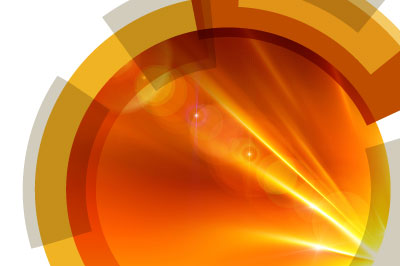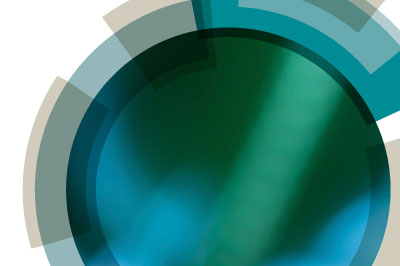This 1-day training course provides an introduction for complete beginners to gas chromatography (GC) and gas chromatography-mass spectrometry (GC-MS).
This course has been approved by the Royal Society of Chemistry for purposes of Continuing Professional Development (CPD).
Attendees will gain a firm foundation in the techniques by learning about the instrumentation used, how the separation process occurs and gaining an overview of the function and operation of each component of the instrument.
The types of samples which can be analysed are covered, along with the different sampling techniques available and considerations when preparing samples.
Beyond the instrumentation, the course discusses why the technique is used and the answers it can give, looking at qualitative and quantitative data analysis, to give you a full picture.
The course reviews different industries and their applications of the techniques, using each as a case study to apply knowledge learned throughout the course.
This course has been approved by the Royal Society of Chemistry for purposes of Continuing Professional Development (CPD).
Attendees will gain a firm foundation in the techniques by learning about the instrumentation used, how the separation process occurs and gaining an overview of the function and operation of each component of the instrument.
The types of samples which can be analysed are covered, along with the different sampling techniques available and considerations when preparing samples.
Beyond the instrumentation, the course discusses why the technique is used and the answers it can give, looking at qualitative and quantitative data analysis, to give you a full picture.
The course reviews different industries and their applications of the techniques, using each as a case study to apply knowledge learned throughout the course.
Who is this course for?
- Beginners - those new to Gas Chromatography or Mass Spectrometry.
- Analysts or Technicians looking for a refresher in these techniques.
- Lab Managers and Line Managers - those who are responsible for the instruments or the analysts using them.
- Data Analysts and Report Writers - technical specialists who aren't using the instruments but are using data from them.
- Service Engineers and Consultant Engineers - those who look after or recommend the use of these instruments but don't have the chemistry background or chemistry viewpoint.
- Those involved in the Sales or Marketing of these instruments, their consumables or their use for analysis - e.g. manufacturers, contract labs, media companies.










